Costa award winning novelist Francesca Segal, was recently in town for the Tata Literature Live! festival. She talks to Averil Nunes about books, love, life and a whole lot more
Dressed in a simple black-and-white top paired with black trousers, Francesca Segal possesses a calmness that belies her years. Her hands and eyes are as eloquent as her speech. She may have wanted to be a writer since she was three years old, but her first novel released to much acclaim only last year as she turned 33. What took her so long? Francesca who wrote the debut fiction column for the Observer for several years was very aware that the world did not need another debut novel; and so she waited until she has a story that she “couldn’t not tell".
The Innocents has been awarded the 2012 Costa First Novel Award, the 2013 National Jewish Book Award for Fiction, the 2013 Sami Rohr Prize for Jewish Literature, a 2013 Betty Trask Award, the 2013 Premio Letterario Edoardo Kihlgren Opera Prima in Milan, the 2013 Harold U. Ribalow Prize, and was long-listed for the 2013 Women’s Prize for Fiction (formerly the Orange Prize). Phew! Though very proud of her, her family were not “over excited” about her book, perhaps because it was always expected of her. “My father (Erich Segal) never read it, which is one of my biggest sadnesses, but he would have been proud of me. My mother always says that he knew I would write,” says Francesca.
“I think a lot of people struggle with disentangling their own needs and desires from what’s expected of them,” mentions Francesca. She was living in New York, when Edith Wharton’s Age of Innocence struck a familiar chord, prompting her to explore, “how young people growing up know the difference between what they want and what’s been wanted for them their whole lives; and that balance between a very warm, close, supportive family and the claustrophobia it can come with.” Oddly, Edith Wharton's books do not feature in her top-three listing – Still Life by AS Byatt, Midnight’s Children by Salman Rushdie and Persuasion by Jane Austen.
The Innocents plays out against the intricacies of growing up in a close-knit Jewish community in North London, but Italians could probably relate to the relationship dynamics as easily as Indians. The Innocents features food, locations, rituals, and traditions that Francesca is familiar with. She knew 20 girls like Rachel, one of her protagonists; and a lot of men she grew up with struggled with the same questions as Adam, Rachel’s beau, through who’s thoughts the story is told. Was it difficult getting into the mind of a man? “It was worryingly easy,” she laughs, “and great fun. When I was writing him, I felt a bit more assertive in my real life,” she says, straightening her shoulders and sitting upright.
Now that her book is out there, will she go back to reviewing debut novels? ”All I want to do for anybody, now that I know how it feels to write a novel with your own sweat and blood, is to say ‘well done’; it doesn’t matter how good the book is. I would make a terrible critic now.”
An only child for almost ten years until her sister arrived, Francesca Segal oft “inhabited the other worlds” she found in books. As the daughter of Erich Segal, perhaps that isn’t surprising. “He was very much a presence in the house, because he wrote from home,” she tells us. “He was my inspiration. Even before I could write, I wanted to write; that must be because I wanted to be like him as much as anything else. He taught me to be passionate about language and reading, because those are the building blocks of writing. People haven’t compared us because our writing is very different. But, I think people expect something or are judging in a different way, when they know that you are the daughter of a writer.”
While it’ll be a rare day when you catch Francesca reading non-fiction, as far as fiction is concerned she is always juggling between books, both contemporary and canonical, based on her mood. When we met her she was nearing the end of The Luminaries by Eleanor Catton (which just won the Booker) and had already begun Five Star Billionaire by Tash Aw.
With regards to feminism, Francesca thinks, “we have a long way to go. We’re getting an increasingly equal position in the work place, but it’s not mirrored by a correspondingly equal place at home, where a second shift awaits even women with fantastic careers.”
She loves cooking simply because “it feels like a use of physical energy, rather than something that’s just in my head.” And then there’s yoga, which she thinks, “is awesome”. While she finds it “empties her head so much, that it sometimes solves problems in her writing,” she's trying not to use it in service of the writing, lest it lose its pleasure and she lose her refuge. “It’s dangerous, because it’s very easy to say, well I’m a bit stuck, let me just go and meditate.”
She worked hard on the prose and psychological truths in her novel, which she describes as “an old-fashioned love story, at the end of the day,” making us inquire what her real-life hopes for love are. “In real life, you hope that you can fall asleep together every night and still be excited to see each other in the morning. I think it could be a reality. I don’t think it’s everyone’s reality, but it’s possible,” believes the author. she moved to New York “to breath, to get away”, thinking she would never go back to London, and ended up falling in love with a boy living on the East Coast, who grew up round the corner from her in London.
“It’s this perfect irony. If there had been a matchmaker in our Jewish community, she would have put us together. It’s terrible actually. I did exactly what our parents would have wanted.” Since that worked out so well, will every Jewish gradma’s dream (babies) be on the way soon? “Maybe after the next book”, grins Francesca, who’s already playing with an an idea, which she won’t divulge, just yet.
This is not the first time she’s visiting India, but in the light of the recent spate of attacks on women, we just had to ask if she feels safe here. Pat came the reply, “I grew up in London, which is not the safest city in the world. So I’m naturally a city girl and very cautious. I wouldn’t walk a street alone in the middle of the night anywhere, because I grew up in a city where you shouldn’t do that. So I don’t feel less safe here, than in London or New York”.
She seems quite fond of India. Would she ever attempt to write a book about India? “I think even if I felt a very strong impulse to write about India I would feel that there are so many fantastic Indian writers better placed who knew the country better, who understood it better. I don’t think I could do it justice. But then again, never say never.”
![submenu-img]() Meta CEO Mark Zuckerberg spotted wearing watch made from…; it costs over Rs…
Meta CEO Mark Zuckerberg spotted wearing watch made from…; it costs over Rs…![submenu-img]() Indian women's chess team wins historic gold at Chess Olympiad 2024
Indian women's chess team wins historic gold at Chess Olympiad 2024![submenu-img]() Meet cricketer-turned-entrepreneur who built Rs 100 crore company backed by Malaika Arora, Shahid Kapoor, Jennifer Lopez
Meet cricketer-turned-entrepreneur who built Rs 100 crore company backed by Malaika Arora, Shahid Kapoor, Jennifer Lopez![submenu-img]() Vir Das invites budding designers to create his outfit as International Emmy Awards host: 'Not going to wear a...'
Vir Das invites budding designers to create his outfit as International Emmy Awards host: 'Not going to wear a...'![submenu-img]() Who is Anura Kumara Dissanayake, new President of Sri Lanka? All you need to know
Who is Anura Kumara Dissanayake, new President of Sri Lanka? All you need to know![submenu-img]() PM Modi USA Visit: अमेरिका में बोले पीएम, 'तीसरे टर्म के लिए हमने तय किए हैं महान लक्ष्य'
PM Modi USA Visit: अमेरिका में बोले पीएम, 'तीसरे टर्म के लिए हमने तय किए हैं महान लक्ष्य'![submenu-img]() Sri Lanka Elections: श्रीलंका के नए राष्ट्रपति होंगे अनुरा दिसानायके, मजदूर का बेटा बना राष्ट्रपति
Sri Lanka Elections: श्रीलंका के नए राष्ट्रपति होंगे अनुरा दिसानायके, मजदूर का बेटा बना राष्ट्रपति![submenu-img]() MP में सेना की स्पेशल ट्रेन उड़ाने की साजिश के पीछे किसका हाथ?, जांच में जुटी NIA, धमाके की आवाज सुन लगाया ब्रेक
MP में सेना की स्पेशल ट्रेन उड़ाने की साजिश के पीछे किसका हाथ?, जांच में जुटी NIA, धमाके की आवाज सुन लगाया ब्रेक![submenu-img]() Bengal Floods: सीएम ममता बनर्जी ने DVC से पानी छोड़ने पर लिखा PM को पत्र, सीनियर अधिकारियों का इस्तीफा
Bengal Floods: सीएम ममता बनर्जी ने DVC से पानी छोड़ने पर लिखा PM को पत्र, सीनियर अधिकारियों का इस्तीफा![submenu-img]() Sridevi की बेटी बन बॉलीवुड में बनाई पहचान, अब Prabhas की इस फिल्म से हिंदी सिनेमा में करेंगी वापसी
Sridevi की बेटी बन बॉलीवुड में बनाई पहचान, अब Prabhas की इस फिल्म से हिंदी सिनेमा में करेंगी वापसी![submenu-img]() Ford to return to India after 2 years with reopening of....
Ford to return to India after 2 years with reopening of....![submenu-img]() Maruti Suzuki launches new Swift CNG, check price, mileage, other features
Maruti Suzuki launches new Swift CNG, check price, mileage, other features![submenu-img]() ‘30 LPA, 3BHK, no in-laws’: Woman earning Rs 1.32 lakh salary lists demands for future husband, netizens say...
‘30 LPA, 3BHK, no in-laws’: Woman earning Rs 1.32 lakh salary lists demands for future husband, netizens say...![submenu-img]() In a big EV push, Centre launches Rs 10900 crore PM E-Drive scheme to replace…
In a big EV push, Centre launches Rs 10900 crore PM E-Drive scheme to replace…![submenu-img]() World’s longest car has helipad, swimming pool, mini-golf course, can seat over…; it cost…
World’s longest car has helipad, swimming pool, mini-golf course, can seat over…; it cost…![submenu-img]() IAS officer Tina Dabi’s schedule shows she studied 11-hour a day; check UPSC topper's marksheet and time table
IAS officer Tina Dabi’s schedule shows she studied 11-hour a day; check UPSC topper's marksheet and time table![submenu-img]() Meet man from Uttar Pradesh who cracked UPSC in first attempt, resigned as IAS officer after 12 years due to...
Meet man from Uttar Pradesh who cracked UPSC in first attempt, resigned as IAS officer after 12 years due to...![submenu-img]() Meet man who once worked as bicycle mechanic, became engineer, then cracked UPSC exam with AIR...
Meet man who once worked as bicycle mechanic, became engineer, then cracked UPSC exam with AIR...![submenu-img]() CBSE registration, LoC submission big update: Important notice for students, check details here...
CBSE registration, LoC submission big update: Important notice for students, check details here...![submenu-img]() CBSE registration, LoC submission big update: Important notice for students, check details here
CBSE registration, LoC submission big update: Important notice for students, check details here![submenu-img]() Congress President Kharge Slams & Opposes 'One Nation, One Election' Proposal, Calls It Impractical
Congress President Kharge Slams & Opposes 'One Nation, One Election' Proposal, Calls It Impractical![submenu-img]() Why 'One Nation One Election' Is important? Ashwini Vaishnaw Explains After It Gets Cabinet Approval
Why 'One Nation One Election' Is important? Ashwini Vaishnaw Explains After It Gets Cabinet Approval![submenu-img]() Jammu Kashmir Assembly Election 2024 Phase 1 Highlights: What Happened In First phase In J&K Polls?
Jammu Kashmir Assembly Election 2024 Phase 1 Highlights: What Happened In First phase In J&K Polls?![submenu-img]() One Nation One Election: Centre Clears Proposal, Bill To Be Introduced In Winter Session | Modi 3.0
One Nation One Election: Centre Clears Proposal, Bill To Be Introduced In Winter Session | Modi 3.0![submenu-img]() Haryana Elections 2024: Is BJP Set To Lose In Haryana? Anti-Incumbency And Other Factors Analysed
Haryana Elections 2024: Is BJP Set To Lose In Haryana? Anti-Incumbency And Other Factors Analysed![submenu-img]() Inside pics of Anant Ambani and Radhika Merchant's Dubai villa gifted by Mukesh Ambani and Nita Ambani, worth Rs…
Inside pics of Anant Ambani and Radhika Merchant's Dubai villa gifted by Mukesh Ambani and Nita Ambani, worth Rs…![submenu-img]() Anupam Mittal’s Playbook: The Secrets Behind Building Iconic Brands
Anupam Mittal’s Playbook: The Secrets Behind Building Iconic Brands![submenu-img]() Meet woman, who came to India as tourist, established Rs 49000 crore firm, know her connection with Ratan Tata
Meet woman, who came to India as tourist, established Rs 49000 crore firm, know her connection with Ratan Tata![submenu-img]() Meet Delhi man, whose street food made him 'crorepati', rides BMW to work, his business is...
Meet Delhi man, whose street food made him 'crorepati', rides BMW to work, his business is...![submenu-img]() Meet man, one of Surat's richest, whose son worked at bakery for Rs 200 a day, gift flats to employees, net worth is...
Meet man, one of Surat's richest, whose son worked at bakery for Rs 200 a day, gift flats to employees, net worth is...![submenu-img]() 8 amazing images of distant galaxies by NASA's Hubble Space Telescope
8 amazing images of distant galaxies by NASA's Hubble Space Telescope![submenu-img]() Most luxurious train rides in the world
Most luxurious train rides in the world ![submenu-img]() This star was called ugly child, filed case against mother, slapped Sanjeev Kumar; her husband was burnt alive at...
This star was called ugly child, filed case against mother, slapped Sanjeev Kumar; her husband was burnt alive at...![submenu-img]() 7 foods that can add extra years to your life
7 foods that can add extra years to your life![submenu-img]() In pics: Triptii Dimri sets the stage on fire, raises the temperature in green slit lehenga
In pics: Triptii Dimri sets the stage on fire, raises the temperature in green slit lehenga![submenu-img]() Bystander Intervention: Powerful Tool for Combating Gender-Based Violence AsWellAs Saving Victims of Road Accidents
Bystander Intervention: Powerful Tool for Combating Gender-Based Violence AsWellAs Saving Victims of Road Accidents ![submenu-img]() Uday Bhanu Chib appointed Indian Youth Congress Chief, succeeds Srinivas BV
Uday Bhanu Chib appointed Indian Youth Congress Chief, succeeds Srinivas BV![submenu-img]() Mamata Banerjee writes second letter to PM Modi on devastating 'man-made' flood in South Bengal
Mamata Banerjee writes second letter to PM Modi on devastating 'man-made' flood in South Bengal![submenu-img]() Arighat's Rise: India's Nuclear Might in a Godless World
Arighat's Rise: India's Nuclear Might in a Godless World![submenu-img]() PIL in Supreme Court seeks SIT probe into Tirupati laddu row
PIL in Supreme Court seeks SIT probe into Tirupati laddu row


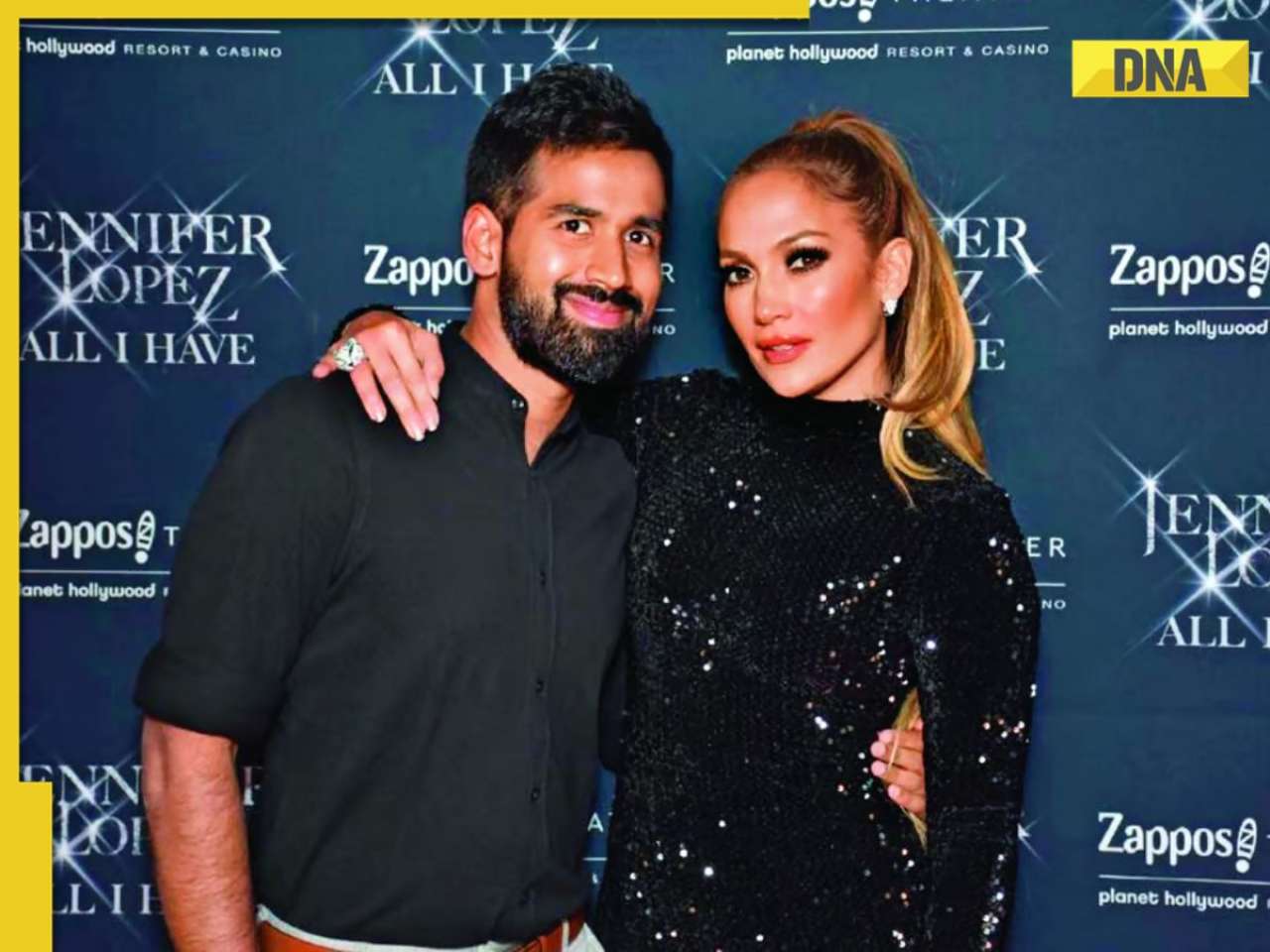
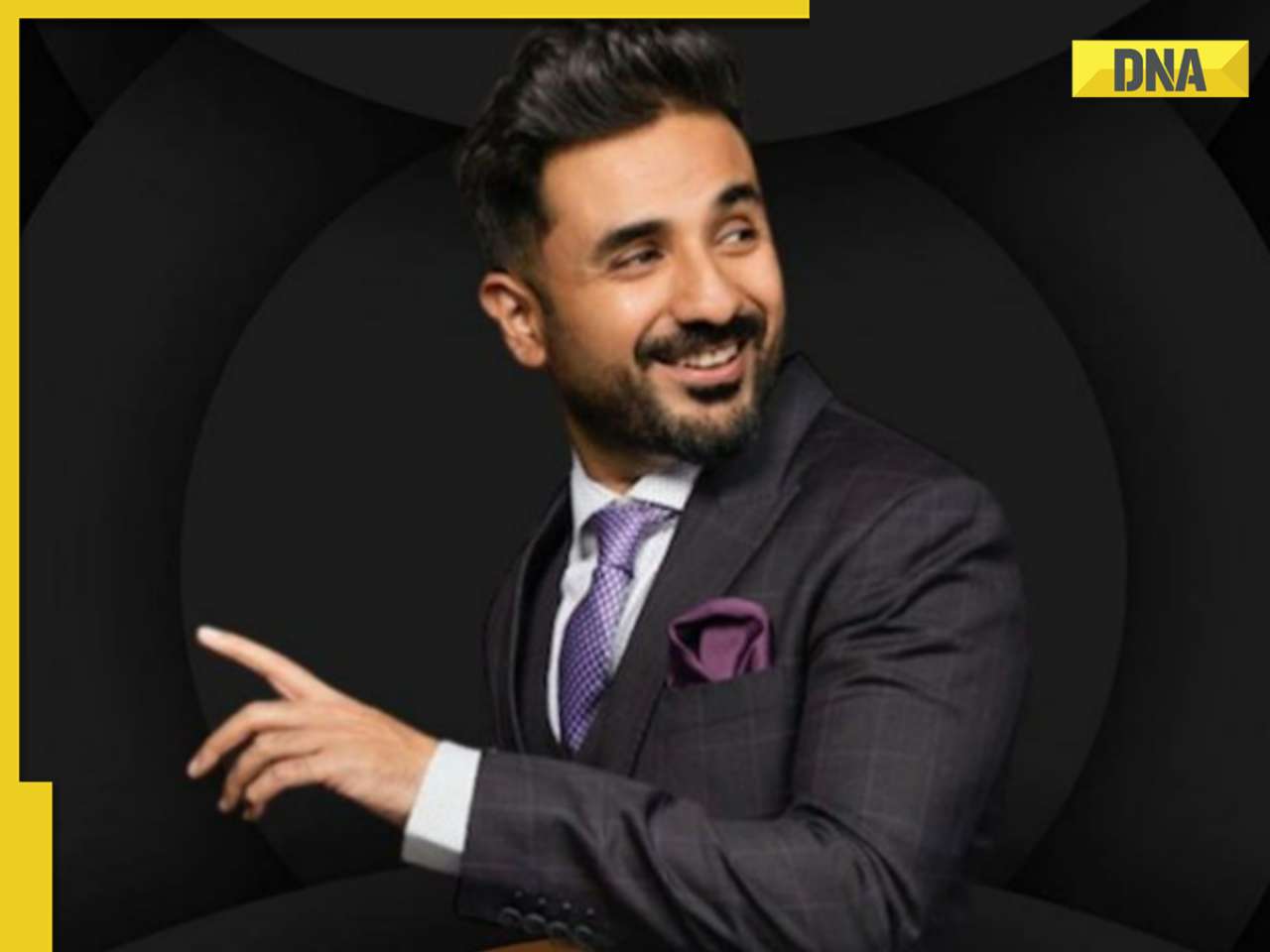
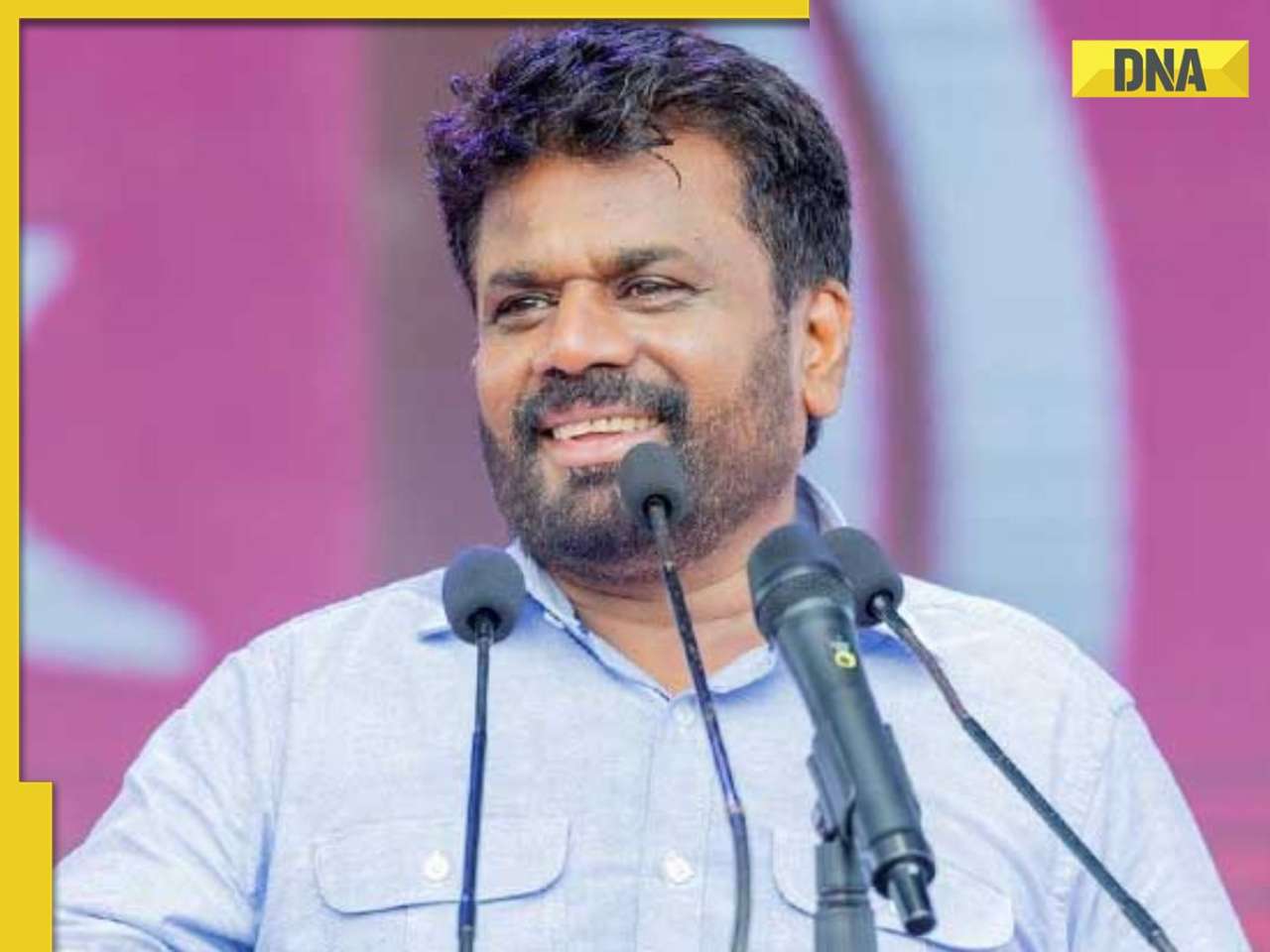

















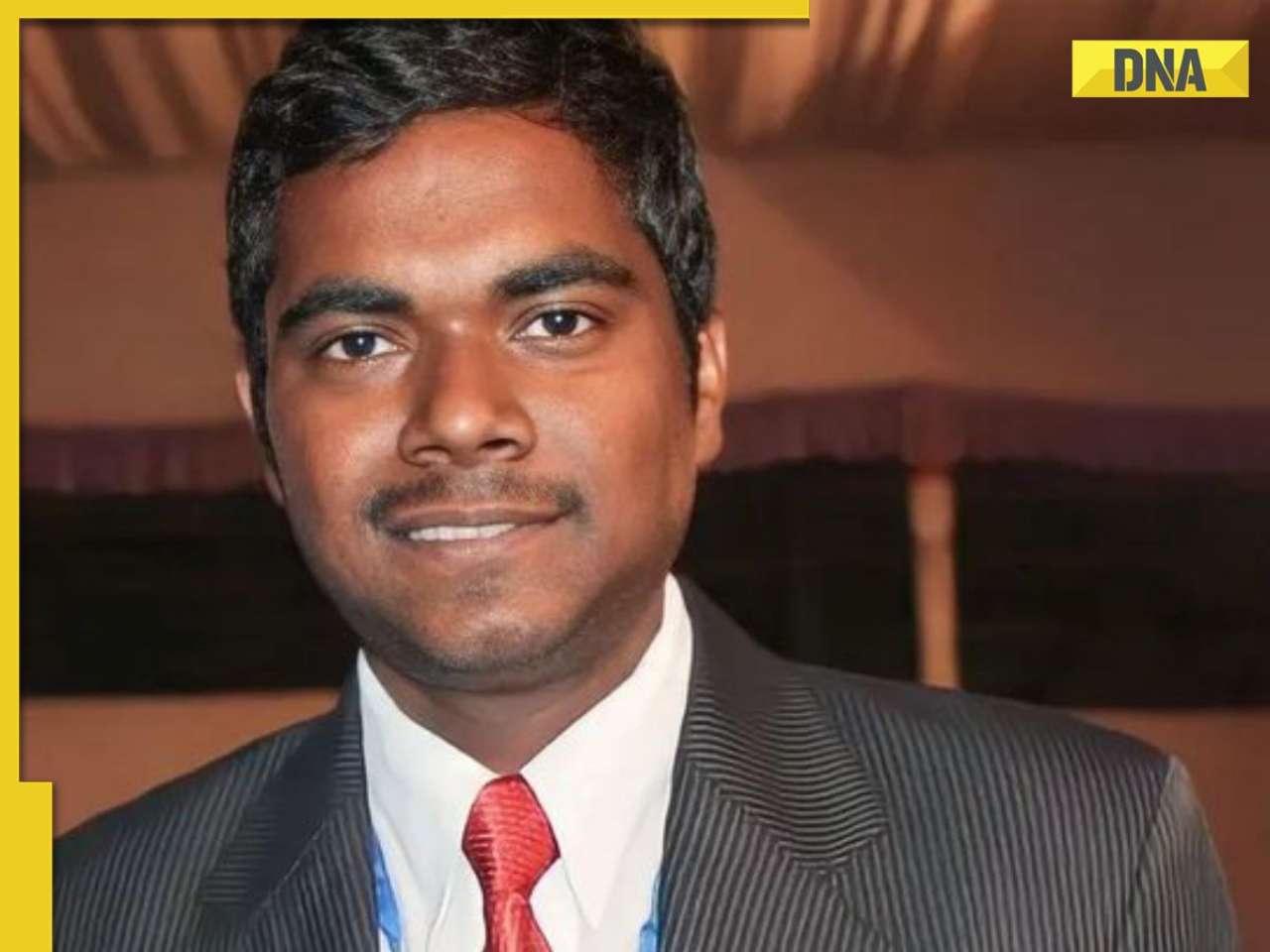


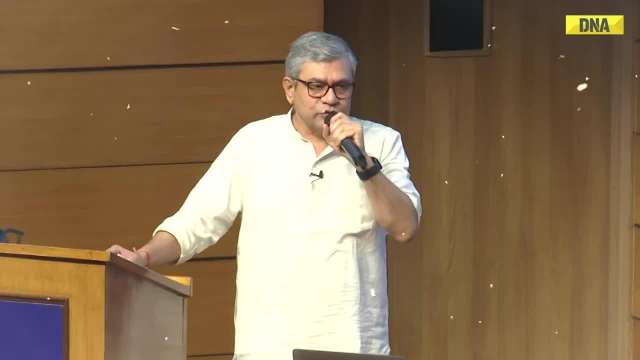

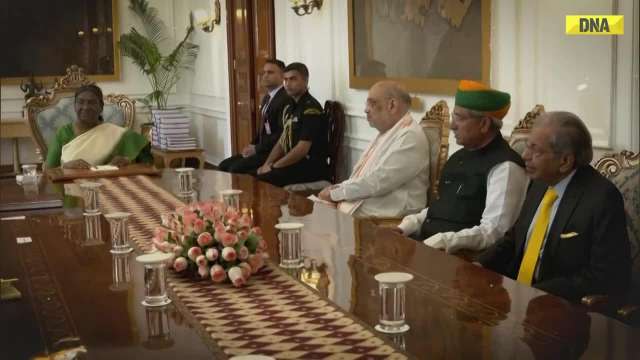


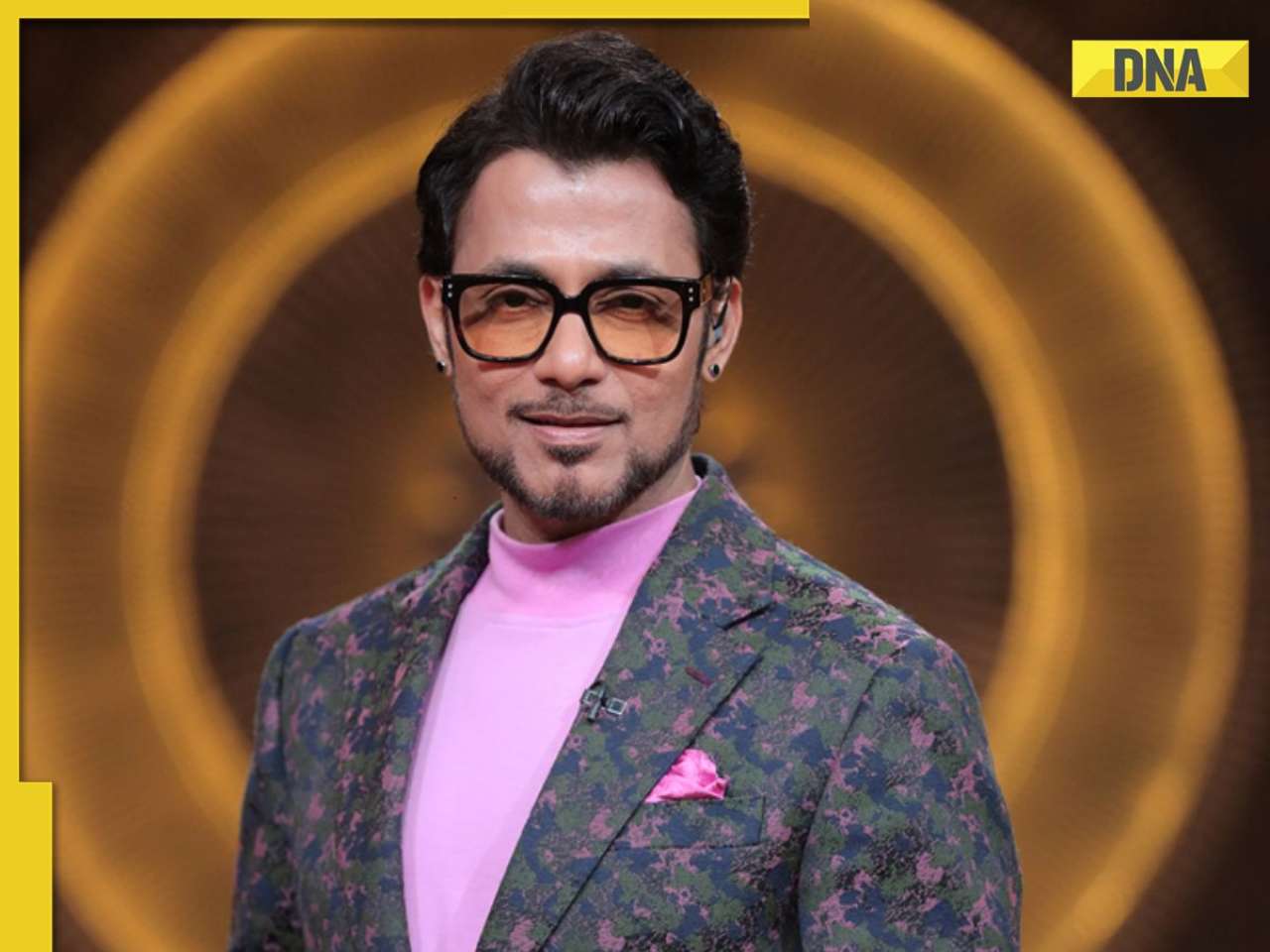
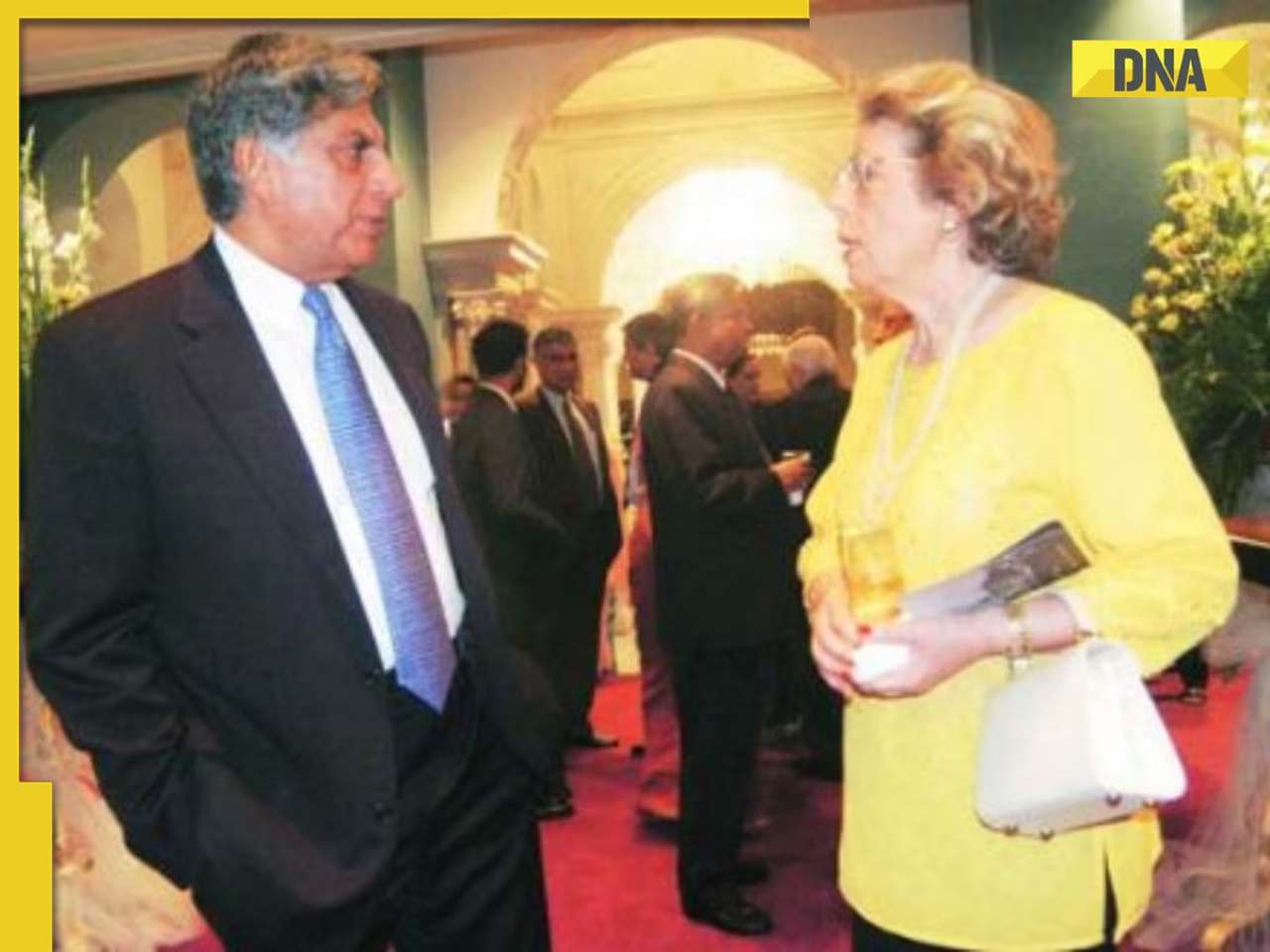

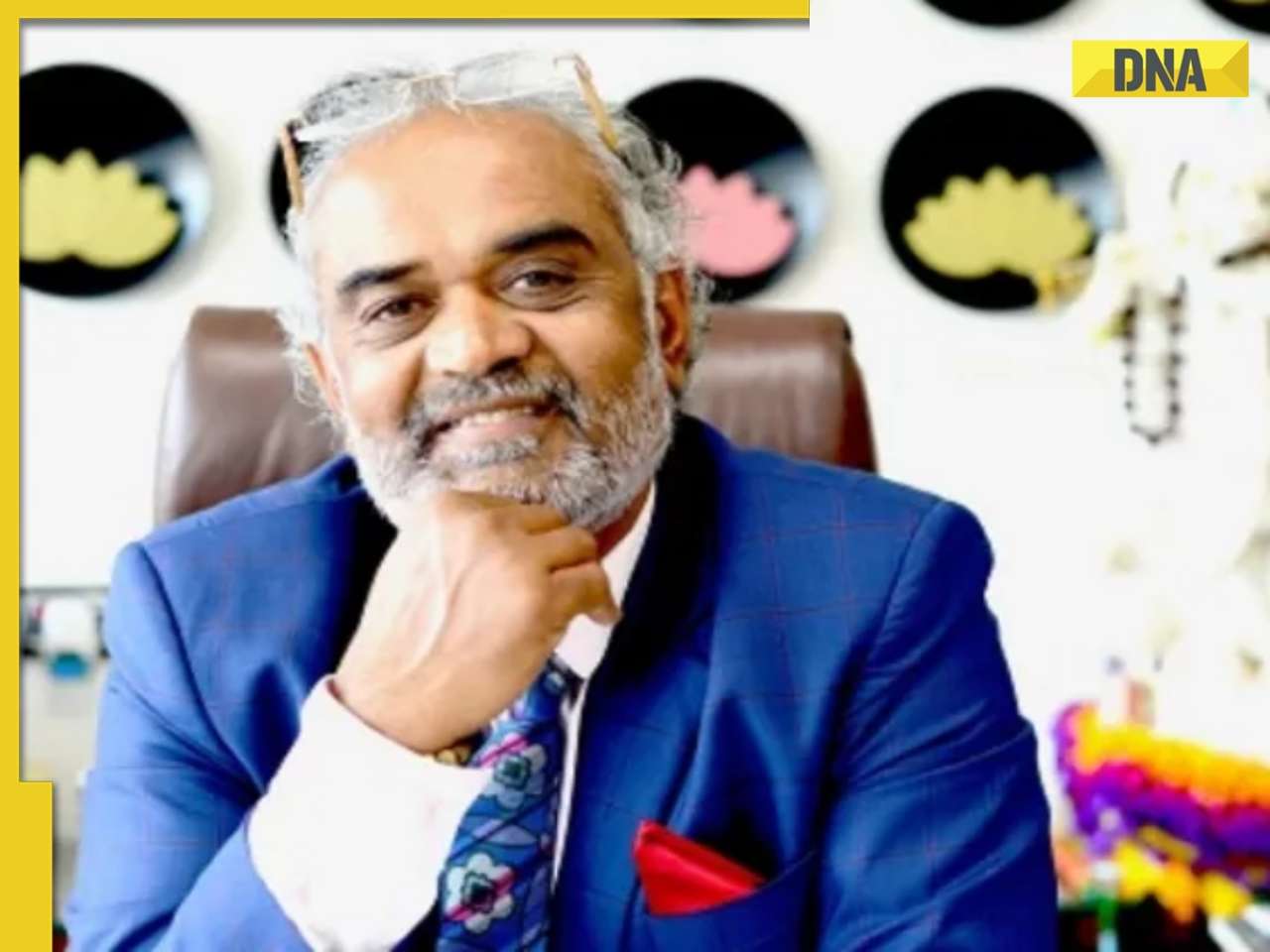







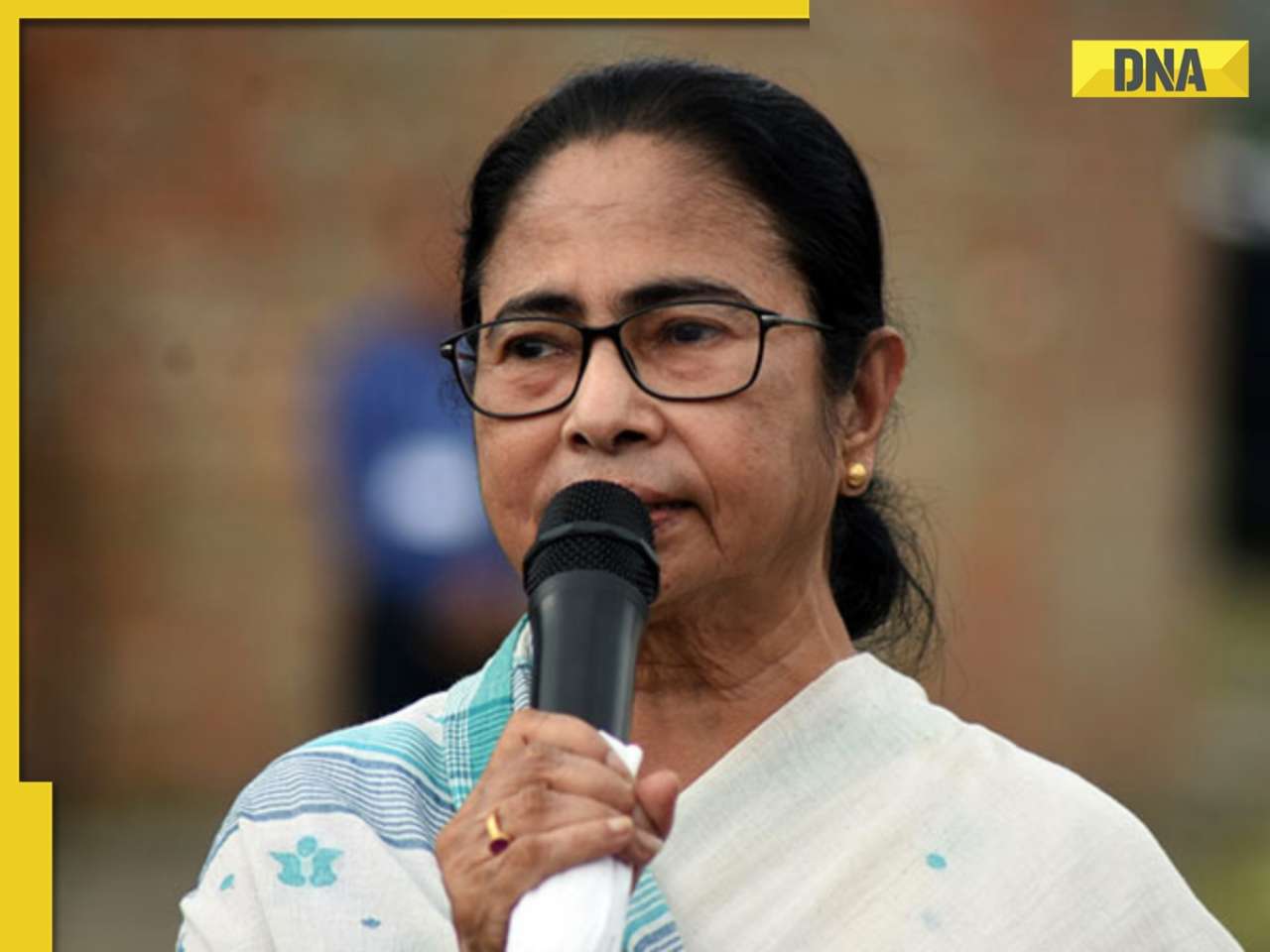




)
)
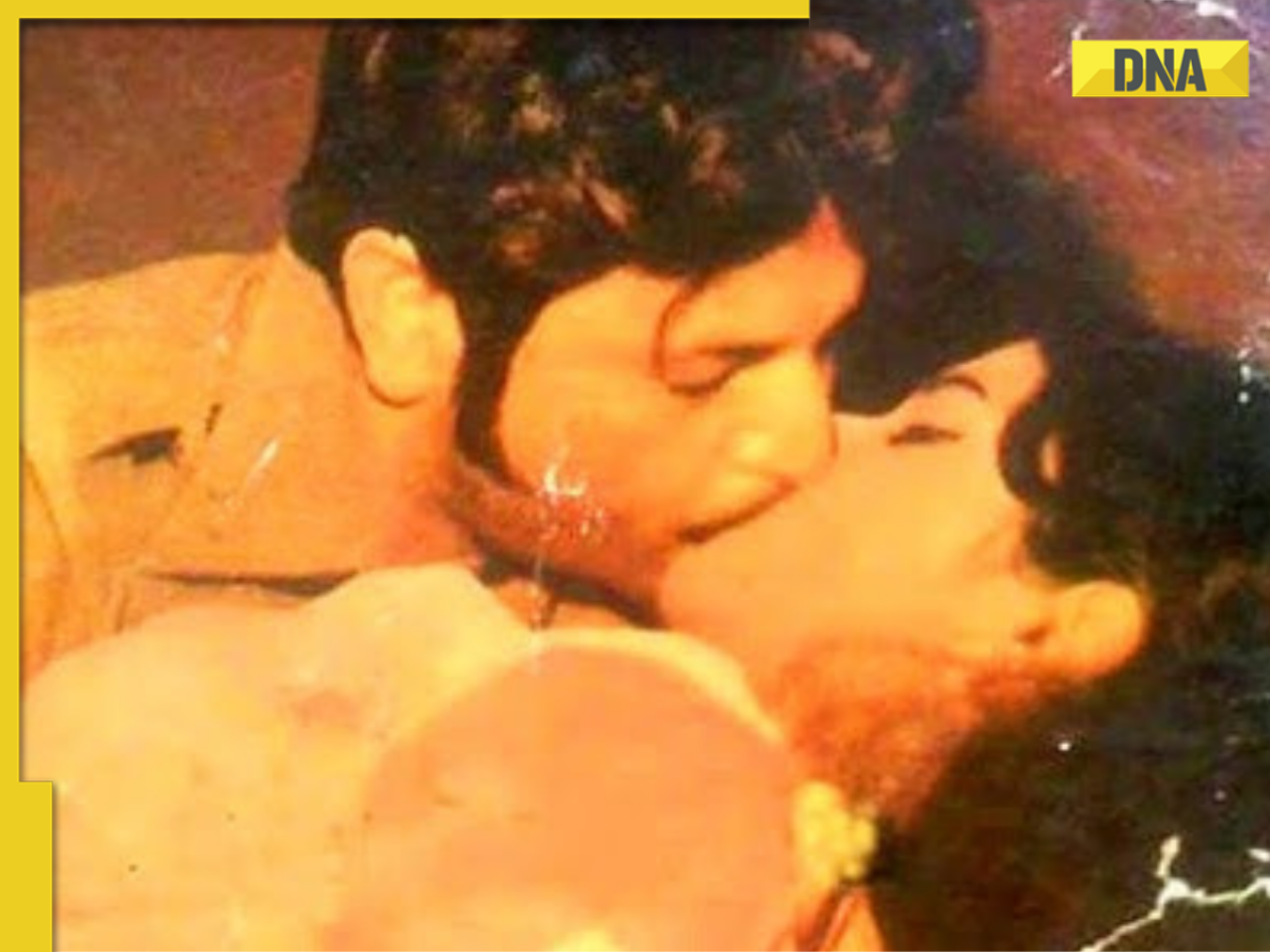)
)
)
)
)
)
)
)
)
)
)
)





)
)
)
)
)
)